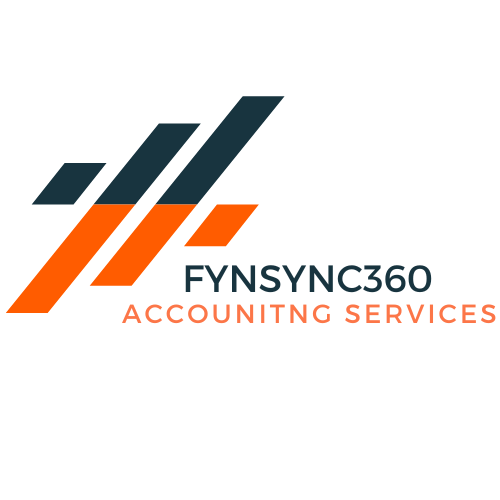In the fast-paced world of e-commerce, the ability to accurately track revenue and expenses stands as the cornerstone of financial management. This critical practice not only ensures compliance but also provides the insights necessary for strategic decision-making and fostering sustainable growth. This article offers a deep dive into the best practices for e-commerce accounting, equipped with the tools and strategies you need for meticulous financial tracking.
Accurately Tracking Revenue and Expenses
E-commerce accounting involves the systematic recording, analyzing, and reporting of financial transactions specific to online businesses. It presents unique challenges, such as handling multi-currency transactions and managing online payment platforms, setting it apart from traditional retail accounting.
Best Practices for Accurately Tracking Revenue and Expenses in E-commerce
1. Use Dedicated E-commerce Accounting Software
Leverage accounting software tailored for e-commerce businesses. Platforms like QuickBooks Online, Xero, and FreshBooks offer integrations with major e-commerce platforms (e.g., Shopify, Amazon, WooCommerce), payment processors, and inventory management systems, automating the flow of financial data and reducing manual entry errors.

2. The Importance of Regular Account Reconciliation
Reconciliation involves matching transactions recorded in your accounting software with those in your bank statements and payment gateways. This practice is crucial for catching discrepancies early, ensuring your financial records accurately reflect your business’s cash flow.

.
3. Understanding and Monitoring Gross Margin for E-commerce Success
Gross margin, the difference between revenue and the cost of goods sold (COGS), is a critical metric for e-commerce businesses. Tracking this figure helps you understand the profitability of your products and make informed pricing and inventory decisions.

4. Effective Categorization of Expenses in E-commerce
E-commerce businesses incur a variety of expenses, from shipping costs to platform fees. Categorizing these expenses accurately in your accounting software helps in understanding where your money is going and in strategizing cost reduction.

5. Managing Returns and Refunds Accurately
Returns are a reality in e-commerce. Accounting for returns and refunds accurately is essential for a clear financial picture. Establish a consistent policy for handling returns and ensure these transactions are reflected correctly in your accounting records.

6. Navigating E-commerce Tax Planning and Compliance
E-commerce operations often span multiple jurisdictions, complicating tax obligations. Use your accounting software to track sales tax collected and owe across different regions. Consider consulting with a tax professional to ensure compliance and optimize tax planning.

7. Leveraging Cloud-based Solutions for Real-time Financial Reporting
Cloud-based accounting solutions offer real-time access to financial data, enabling you to make timely business decisions. The ability to view up-to-date financial reports anytime, anywhere, is invaluable in the fast-paced e-commerce environment.

8. The Role of Financial Analysis in E-commerce Profitability
Beyond tracking, regularly analyze your financial data to identify trends, opportunities, and areas for improvement. Use financial ratios and metrics relevant to e-commerce, such as inventory turnover rate and average order value, to gauge your business’s health and trajectory.

9. Embrace Automation for Efficiency
Automation can significantly reduce the manual workload associated with tracking revenue and expenses. Identify repetitive tasks, such as data entry, invoicing, and financial report generation, that can be automated with your accounting software. This not only saves time but also minimizes the risk of human error, ensuring more accurate financial records.

10. Consulting with Financial Experts for E-commerce Accounting
Even with the most sophisticated tools at your disposal, consulting with financial experts can provide invaluable insights. Whether it’s a certified public accountant (CPA), a financial advisor, or an e-commerce accounting specialist, their expertise can help you navigate complex financial landscapes, tax planning, and compliance, ensuring your business stays on the right track financially.

Conclusion
Accurately tracking revenue and expenses is crucial for the success of any e-commerce business. By implementing the best practices outlined in this article, from leveraging the right accounting software to embracing automation and consulting with financial experts, you can ensure a robust financial management system. These strategies not only help in maintaining accurate financial records but also empower business owners to make informed decisions, optimize profitability, and foster sustainable growth. Remember, the key to financial success in e-commerce lies in staying informed, being proactive in your financial management, and continuously seeking ways to improve efficiency and accuracy in your accounting processes.



No responses yet